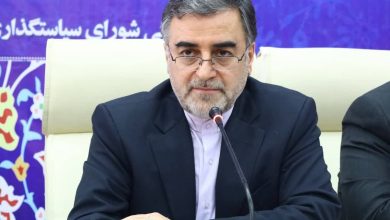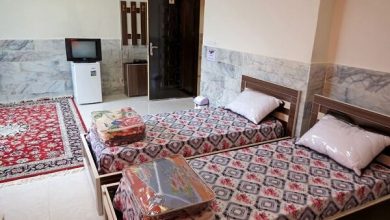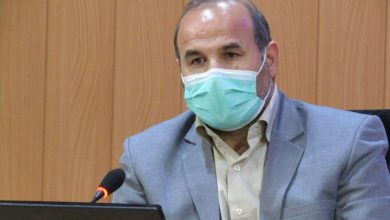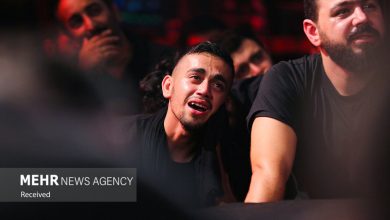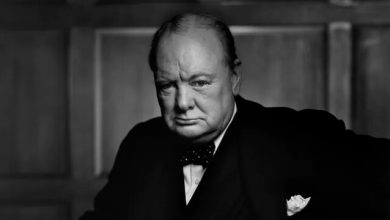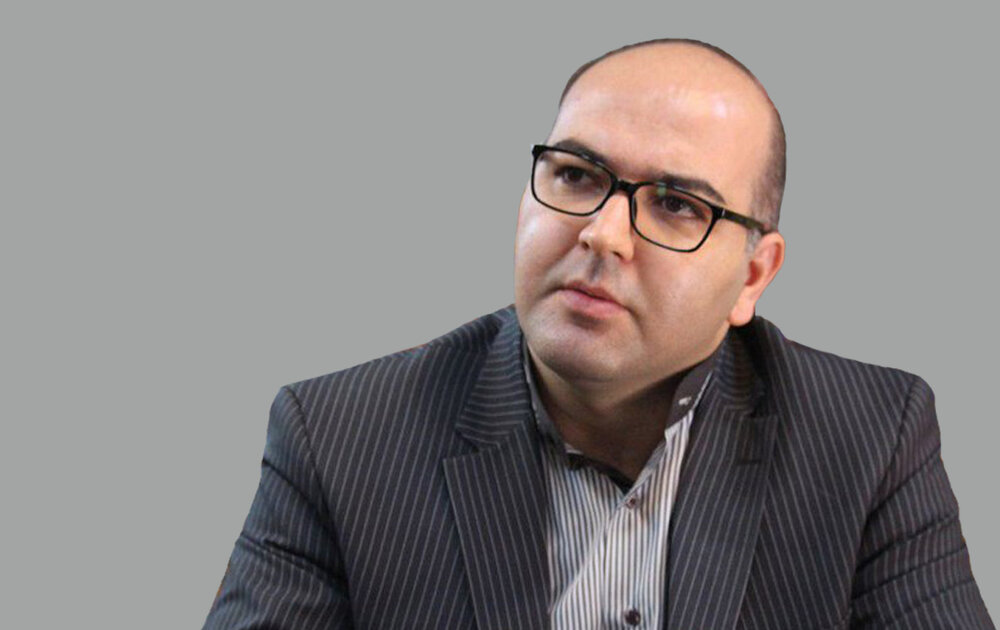
Moreover, the EU is now not indifferent to the new security commitments of its weaker members. And its failure will reduce the enthusiasm of the defenseless countries to join this union.
Perhaps it was these concerns that encouraged Emmanuel Macron to propose the Prague meeting to create a European political community. This half-day summit was held last week with the attendance of 44 European countries, including 27 EU member states, and it seems that it is scheduled to be held twice a year, possibly at the level of foreign heads of state and states. . It is not yet clear in ministerial affairs what tasks the new body will carry out that have not been implemented by other EU institutions, but it clearly shows the concern of European leaders over the fallout from the war in Ukraine and the mistrust. The body to face the challenges ahead.
The victory of Italy’s far-right Brotherhood party led by Giorgia Meloni in the country’s national elections has set alarm bells across the bloc and could threaten the union’s existence with unprecedented speed as Europe’s second major earthquake after the return of Britain’s exit from the European Union. This potential scenario alarmed France more than any other European power. A country that has been a successful pioneer in coordinating policy directions on this continent in the past three decades.
Germany today alone is an economic giant that could easily become an unrivaled military power. Unlike Germany, France has no choice but to approach the United States if the EU project fails. It may be too soon to tell, but the Russian invasion of Ukraine showed that what seemed unlikely could be much closer. In this way, the war in Ukraine may seem at first glance to be a rare challenge to NATO and its expansion, but its challenge to cohesion and the idea of the European Union is less clear. An idea that today has little to do with the ideals that its founders hoped for in the 1990s.
Despite some of the union’s concerted actions to support Ukraine, the perspective of the member states is a function of their independent national needs in the political, economic and security spheres. Despite its support for Ukraine, Germany prefers to maintain its economic relations with Russia, especially in energy imports. Eastern European societies preferred to rely on the support of the United States, and the countries of northern and southern Europe tried to distance themselves as much as possible from the center of the conflict.
Britain, as a country outside the Cold War alliance, has provided military support to Ukraine, and France is seeking to broker peace. The lack of unity is perhaps the most complete explanation for the current state of continental Europe, and in an age when continental unity has become an aspirational unattainable with the addition of Russia, this unbuilt fortress is more vulnerable than ever. The unknown level of weakness of the European Political Community will have the effect of reducing it.
311311
